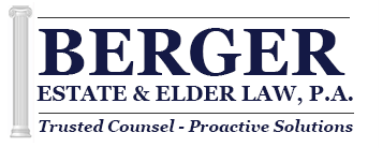Contributions to a traditional 401(k) are made pre-tax, so while it reduces your taxable income in the year you contribute to it, you have to pay taxes on the money you withdraw during retirement. On the other hand, contributions to the Roth 401(k) are made after taxes. This means you don’t have to pay any taxes when you withdraw the money.
Some employers offer to match any contributions you make to your 401(k) as an employee benefit. If your employer matches your Roth 401(k) contribution, the contributions will be made before the employer pays taxes on it. This means you will have to pay income taxes on the match and any growth associated with the match when you take distributions. In other words, the employer match is treated like a traditional 401(k).
The maximum amount you can contribute to a Roth 401(k) (in 2018) if you are younger than age 50 is $18,500 per year. If you are older than 50, you can contribute $24,500 (in 2018). Your employer can match as much of your contribution as it wants, but the total contribution to a Roth 401(k) (in 2018) cannot exceed $55,000 or 100 percent of your salary, whichever is less.
Berger Estate & Elder Law P.A. has been providing holistic client services throughout Kansas City for over 30 years. Providing Trusted Counsel with Proactive Solutions for many and making sure you keep your decisions up-to-date with the law and your values. Remember, creating an estate plan isn’t a once in a lifetime decision. A proper estate plan can be created at anytime, but it is ALWAYS necessary to re-visit your plan, updating it at least every few years, so that it is up-to-speed with your own intentions and within the confines of current rules & regulations. Give us a call today at (913) 491-6332, visit our website berger-lawfirm.com or stop by our conveniently located offices at 11233 Nall, Suite 140 Leawood, KS 66211 for more information.


 RSS Feed
RSS Feed